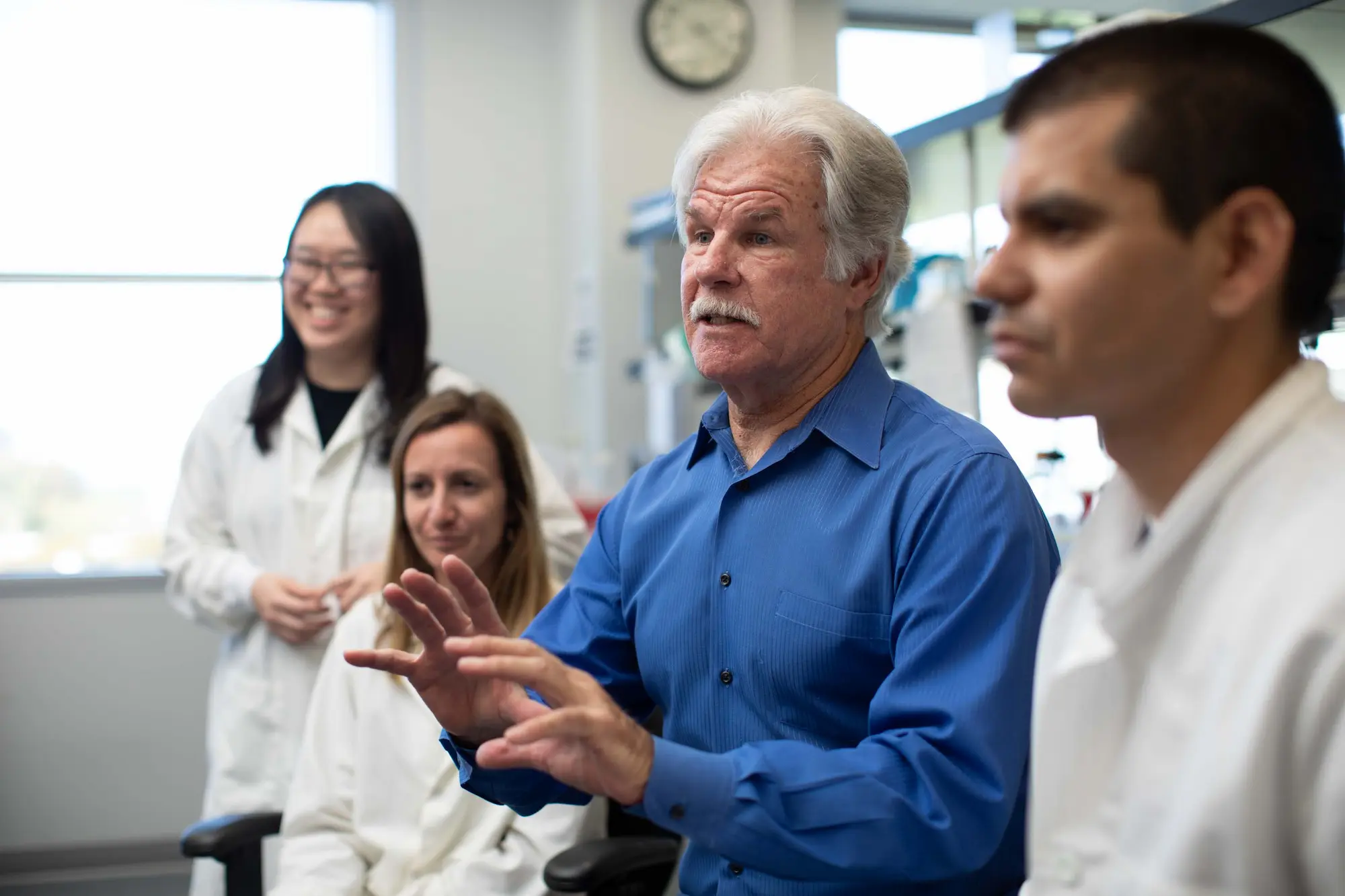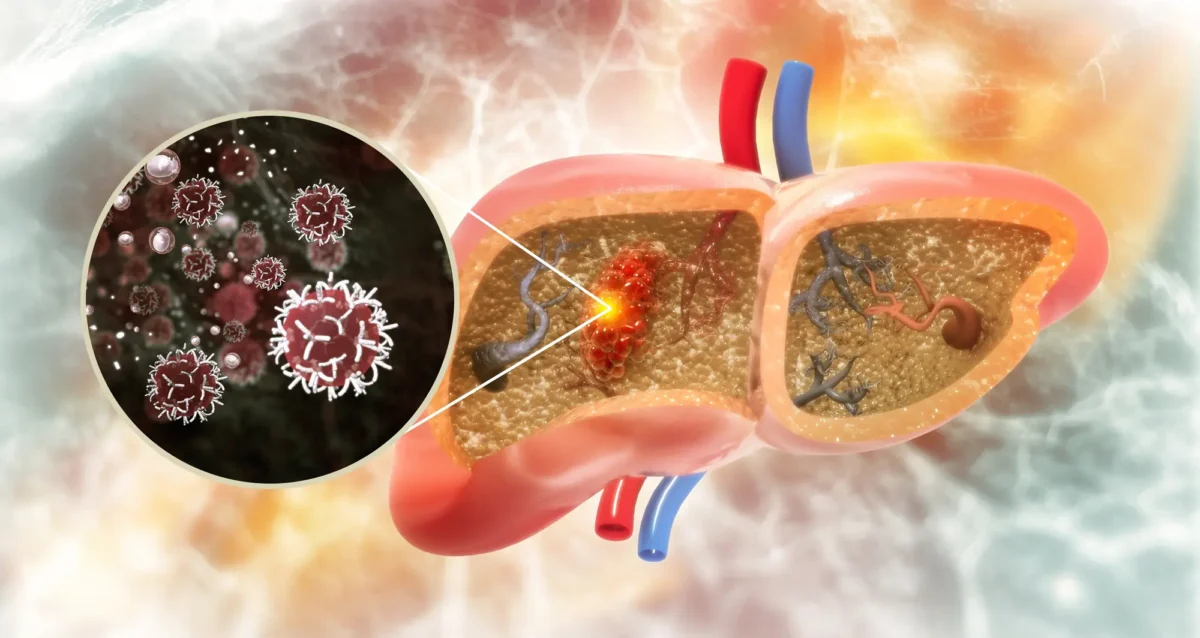Helping Ourselves
The ability to fend off infectious diseases, which represent a mortal threat to millions, rests with the body’s immune system, which provides protection through various, layered and complex defenses.
If the immune system fails to function properly, if it becomes too weak, it can increase susceptibility to infectious disease. If it becomes too strong or dysfunctional, it can result in harmful inflammation and autoimmune diseases such as lupus and arthritis and even cancer.
By studying pathogen-host interactions, innate and humoral immunity, inflammation and T cell checkpoint regulation at even the smallest of interactions, we seek to better understand how the immune system works, why it sometimes doesn’t and find new treatments for endemic and pandemic infectious diseases, autoimmune disorders, cancer and inflammatory conditions.
Latest News
Immunity, Inflammation and Microbiology Research






